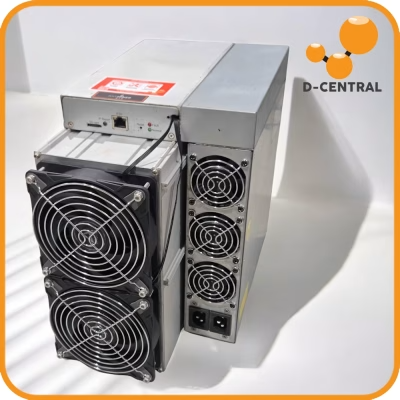Understanding the Environmental Impact of Bitcoin Mining
Advanced Technologies in Bitcoin Mining for Waste Reduction
The quest for sustainability in Bitcoin mining has led to the exploration and adoption of various advanced technologies. These innovations aim to reduce the environmental impact of mining operations, primarily focusing on lowering energy consumption, optimizing processes through artificial intelligence (AI) and predictive models, utilizing renewable energy sources, and implementing strategies to reduce electronic waste (e-waste).
Reducing Energy Consumption with Innovative Technologies
One of the primary focuses in sustainable Bitcoin mining is the reduction of energy consumption. Innovations in this area include the development of more energy-efficient mining hardware. For instance, newer models of ASIC miners are designed to provide greater hashing power while consuming less electricity. Additionally, advancements in cooling technologies, such as liquid immersion cooling systems, can significantly reduce the amount of energy required to keep mining rigs at optimal temperatures, thereby decreasing overall energy usage.
Optimizing Mining Operations with AI and Predictive Models
AI and predictive modeling are playing an increasingly important role in optimizing Bitcoin mining operations. These technologies can analyze vast amounts of data to predict the most efficient times to mine, considering factors like energy prices, network difficulty, and hash rate. By using AI algorithms, mining operations can dynamically adjust their activities, reducing energy consumption and costs. Predictive maintenance, powered by AI, can also foresee potential hardware failures, reducing downtime and extending the lifespan of mining equipment.
Harnessing Renewable Energy Sources
The shift towards renewable energy sources is a crucial step in reducing the carbon footprint of Bitcoin mining. Solar, wind, hydroelectric, and geothermal power are being increasingly adopted by mining operations worldwide. In some cases, mining facilities are being set up in locations with abundant renewable energy resources, such as hydroelectric power in Scandinavia or geothermal energy in Iceland. The use of renewable energy not only reduces greenhouse gas emissions but can also lead to lower operational costs in the long term.
Strategies for Reducing E-Waste
Addressing the issue of e-waste in Bitcoin mining involves several strategies. One approach is the recycling of outdated mining hardware. By recovering and reusing materials from old equipment, the industry can reduce the amount of waste sent to landfills. Another strategy is the design of sustainable and upgradable hardware. This involves creating mining rigs that can be easily upgraded with new components, extending their useful life and reducing the need for complete replacements. Additionally, some companies are exploring the refurbishment and repurposing of old mining equipment for other applications, further reducing e-waste.
In conclusion, the integration of advanced technologies in Bitcoin mining is a critical step towards reducing its environmental impact. By focusing on energy-efficient hardware, AI optimization, renewable energy adoption, and e-waste reduction strategies, the Bitcoin mining industry can move towards a more sustainable and environmentally friendly future.







